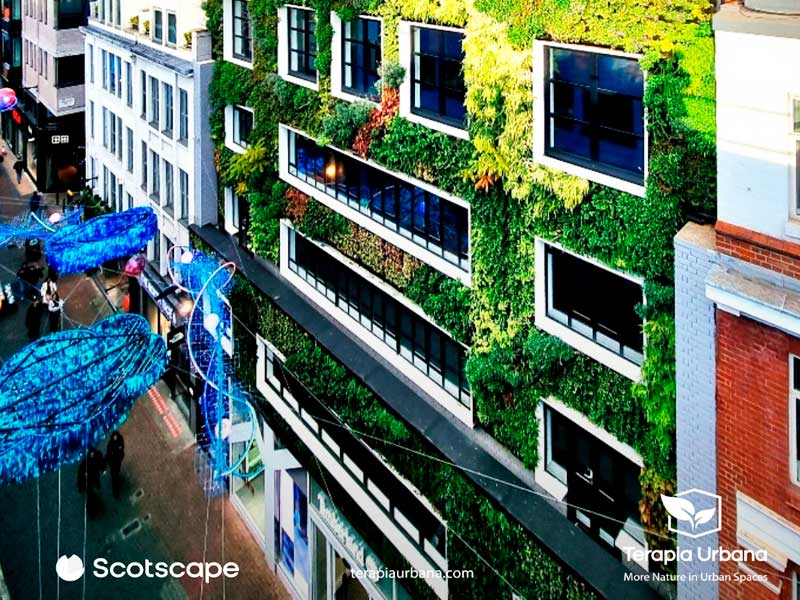Tourism has long been a fundamental pillar of the economy, both in Spain and worldwide. It contributes significantly to the Gross Domestic Product (GDP), representing 11.7% in Spain and 9.8% globally. However, this sector has also left a significant environmental footprint, posing crucial challenges at a time when sustainability has become a global priority. In this context, artificial intelligence and sustainability emerge as crucial factors for the future of tourism.
The tourism dilemma and its environmental impact
Tourism undeniably brings economic benefits and employment opportunities on a global scale. However, its uncontrolled growth has led to the exploitation of natural resources, environmental degradation, and congestion in tourist areas.
The proliferation of hotel infrastructure, the increase in air and land traffic, and the waste generation is just one of the ways in which tourism has contributed to climate change and environmental degradation.
Striving for a sustainable balance
Sustainability has become an essential element in the planning and development of this sector. All countries, including Spain, are increasingly committed to reducing their ecological footprint and promoting sustainable practices in the tourism industry. This entails rethinking how tourist destinations are built and operated.
Vertical gardens as an innovative solution
Vertical gardens represent an innovative and sustainable solution that offers environmental benefits and competitive advantages for companies in the sector.
In an increasingly technology-driven world, the need for reconnecting with nature becomes ever more pressing. Architects and interior designers are called upon to blur the boundaries between indoor and outdoor spaces.
A continuous pursuit of sustainable designs that allow for maximum energy efficiency, are key elements when decorating buildings such as hotels.
One of the tools we can use in architecture to achieve sustainability in buildings intended to accommodate tourism in cities is the incorporation of vertical gardens.
They are nature-based solutions that have the ability to purify the air and regulate local temperature, as well as contribute to an improvement in building design.
All advantages to pave the way towards a more responsible and balanced tourism, while at the same time protecting the planet we all wish to explore and enjoy.
If you want to stand out in the If you’re in the tourism industry and aiming to offer a unique proposition to your clients by considering incorporating a vertical garden into your spaces, don’t hesitate to get in touch with our team of experts.

